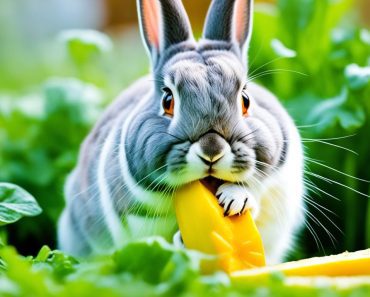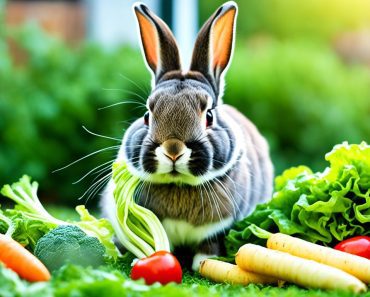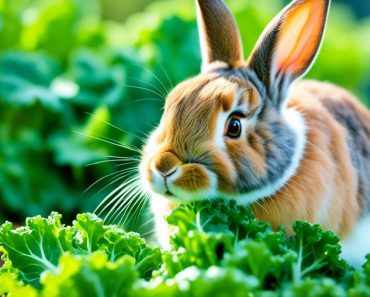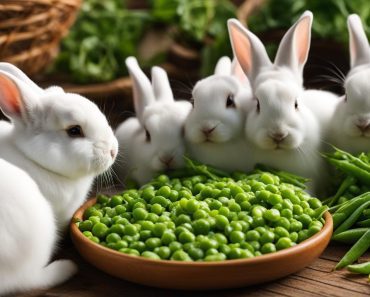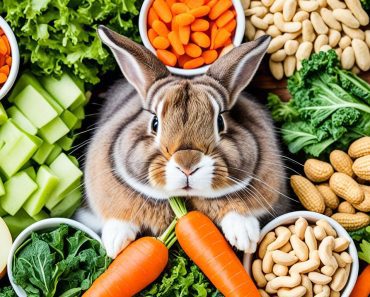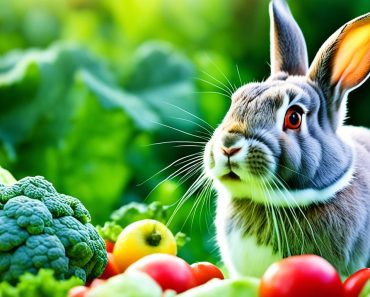As a rabbit owner, I’m always conscious of providing my furry friend with a balanced and nutritious diet. I know that rabbits have specific dietary requirements, and it’s essential to ensure their safety when introducing new foods into their meals. One common question that often arises is, can rabbits eat radishes?
The good news is that rabbits can indeed enjoy radishes, but it’s vital to exercise caution and understand the proper way to incorporate them into their diet. In this article, I will share my safe feeding tips for rabbits and provide insight into the health benefits and dietary requirements surrounding radishes.
Radishes offer some nutritional benefits for rabbits, but it’s important to understand the right approach to feeding them. Let’s dive in and explore the dos and don’ts of including radishes in your rabbit’s diet.
Can Rabbits Eat Radishes? Yes, they can. But in limited quantities.
- Rabbits can eat radishes, but moderation is key.
- Both the radish root and leafy greens are safe for rabbits to consume.
- Radishes provide fiber and vitamin C, but their high starch and sugar content should be monitored.
- Introduce new foods slowly, and observe your rabbit’s reaction for any digestive issues.
- Make radishes a rotational part of your rabbit’s varied diet, along with other safe vegetables.
Which Parts of the Radish Can a Rabbit Eat?
When it comes to feeding radishes to rabbits, both the root and greens can be included in their diet. However, rabbits tend to prefer the tops or greens of the radish over the roots. These leafy greens provide a better nutritional profile for your furry friend. To incorporate radish greens into your rabbit’s daily meals, simply chop up a handful of the greens and mix them into their serving of salad.
While radish greens are safe for rabbits, it’s important to be cautious when combining them with other vegetables. Avoid including high-oxalate vegetables, as excessive oxalate intake can lead to health issues in rabbits. Instead, focus on adding a variety of rabbit-safe vegetables to their diet.
Tip: Radish roots can be given as a treat to rabbits a few times a week, but they should not be a regular part of their diet. Moderation is key!
Feeding radishes to rabbits can provide them with some extra nutrients and variety. However, keep in mind that the majority of a rabbit’s diet should consist of hay and a balanced mix of other vegetables. By offering a rotation of rabbit-safe vegetables and incorporating radish greens and roots occasionally, you can ensure a well-rounded diet for your furry companion.
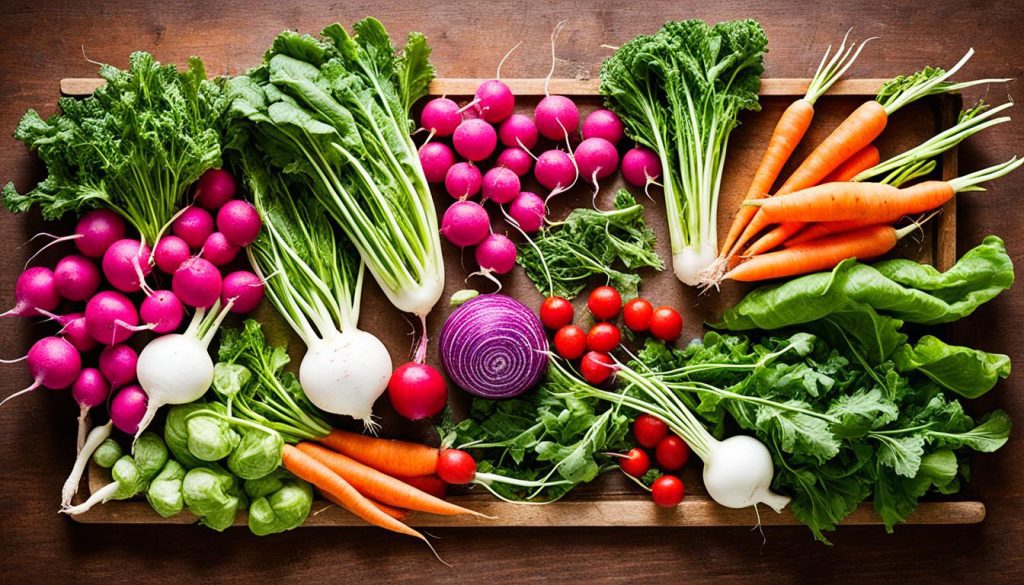
Are Radishes Good for Rabbits’ Health?
Rabbits can benefit from the nutrition provided by radishes. They offer a good source of fiber and vitamin C, which are essential for maintaining their overall health. Additionally, the high water content found in radishes can help keep rabbits hydrated.
However, it’s important to feed radishes to rabbits in moderation. While they do provide health benefits, radishes also contain starch and sugar, which can lead to weight gain and digestive problems if consumed excessively. Therefore, it’s crucial to prioritize a balanced diet for your rabbit’s optimal health and only offer radishes as part of a varied and well-rounded meal plan.
Remember to introduce new foods gradually, monitoring your rabbit’s reaction to ensure their digestive system adjusts well. By offering radishes in moderation and incorporating a range of vegetables into their diet, you can provide your rabbit with the nutrients they need while avoiding any potential health issues.
Incorporating Radishes into a Rabbit’s Diet
When it comes to a rabbit’s diet, variety is key. While radishes should not be the main source of vegetables in a rabbit’s daily diet, they can be a valuable addition when included in moderation. The primary component of a rabbit’s diet should be hay, which provides essential fiber and aids in digestion. Alongside hay, about a cup of mixed greens and vegetables should be provided daily to ensure a well-rounded nutritional intake.
When choosing vegetables for your rabbit’s diet, it’s important to consider their oxalate content. Opt for low-oxalate vegetables such as romaine lettuce, bok choy, and cilantro as the main components of their salad. These options provide important nutrients without the risk of excessive oxalate intake that can potentially lead to health issues in rabbits.
“I’ve found that including a small portion of radish greens or a few slices of radish as a treat can be a delightful addition to a rabbit’s diet. It adds variety, texture, and flavor to their meals while providing some health benefits,” says Dr. Emily Wilson, a veterinarian specializing in small animals.
Rabbits can enjoy the greens and roots of radishes, but it’s important to offer them in appropriate portions. A small portion of radish greens can be chopped up and added to their daily salad, but be cautious not to include other high-oxalate vegetables in this mix. As for radish roots, they can be given as an occasional treat a few times a week. However, radish roots should not be a regular part of their diet.
As with any dietary change, it’s crucial to monitor your rabbit’s digestion and behavior when introducing new foods. If your rabbit shows any signs of digestive distress, such as loose stools or decreased appetite, it’s advisable to adjust their diet accordingly or consult with a veterinarian.
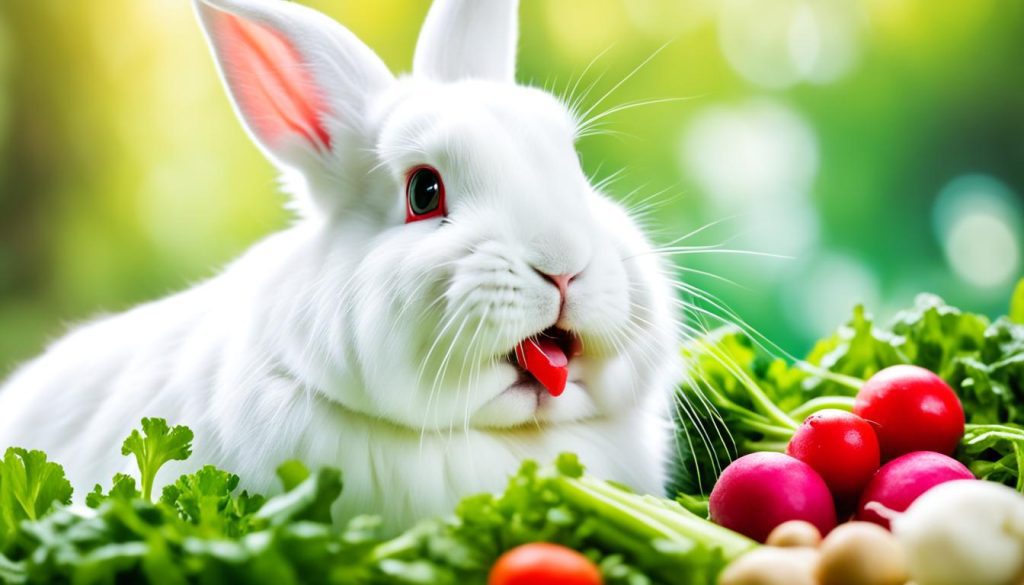
Keep in Mind:
- Radishes should be included as a rotational option, not a main staple in a rabbit’s diet.
- Hay should be the primary component of a rabbit’s diet.
- Offer a cup of mixed greens and vegetables daily, including low-oxalate options.
- Monitor the rabbit’s digestion and behavior when introducing new foods.
By incorporating radishes into your rabbit’s diet in a mindful and balanced way, you can provide them with a varied and enjoyable eating experience while ensuring their nutritional needs are met.
Conclusion
Radishes can be a part of a healthy diet for rabbits, but it’s important to feed them in moderation. Both the leaves and roots of radishes are safe for rabbits to consume, providing them with some nutritional benefits. Radishes are a good source of fiber, vitamin C, and water content, which can contribute to rabbits’ overall health and hydration.
However, due to their high starch and sugar content, it’s crucial to monitor the amount of radishes given to rabbits. Too many radishes can lead to weight gain and digestive problems. Therefore, it’s recommended to incorporate a variety of vegetables into a rabbit’s diet, with radishes being a rotational option rather than a main source of vegetables.
When introducing new foods, such as radishes, it’s essential to do so slowly and observe your rabbit’s reaction. This will help ensure that they tolerate the new food well and don’t experience any adverse effects. As with any dietary changes, it’s always advisable to consult with a veterinarian who specializes in rabbit care to ensure your furry friend’s health and well-being.

